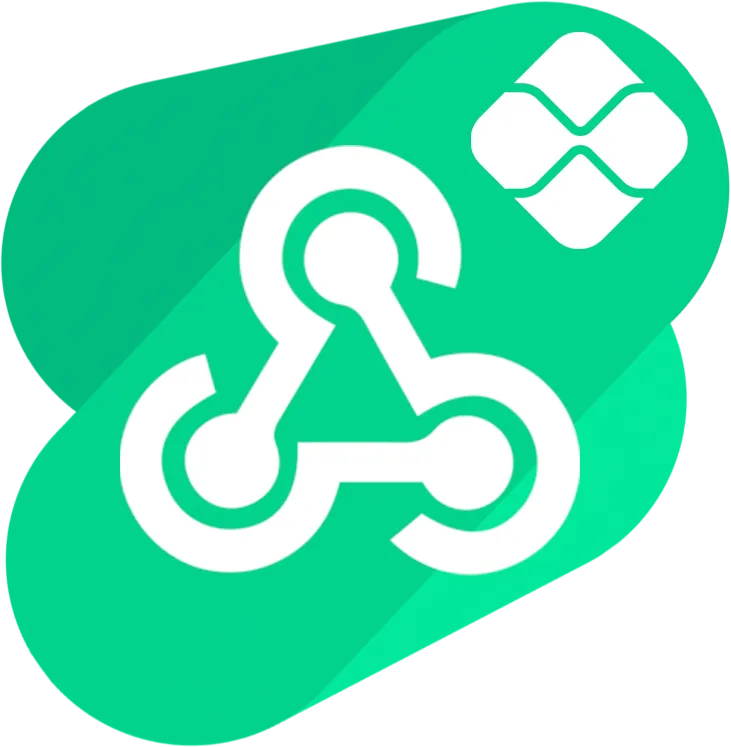Integration module via Webhook
Webhook allow integration with your platform or eCommerce in real time
The Webhook plugin allows your platform to be notified in real time whenever a payment via Pix is made. To activate it, just generate a token in Slack and register as a webhook in the webhooks settings panel.
Once you've set up connectivity to the Webhook, just choose which events will be sent to the Webhook.
What is a webhook?
Webhook allows your platform or backend to asynchronously receive (that is, when things happen) information about transactions. In practice, it is a passive way of receiving information about Pix transactions between systems. This is very important for application resiliency, as it prevents your backend from having to deal with transaction pooling.
Additionally, a webhook (also known as a web callback or HTTP, plus API push) is a convenient way for an application or system to provide real-time information to other applications.
Likewise, it offers data to other applications and is very efficient for both the service provider and the consumer.
Use cases
- eCommerce: Webhook in eCommerce is essential to improve the customer experience as it allows you to automate the status of orders in real time. All Ecommerce Plugins have a webhook for real-time reconciliation.
- POS: Webhook for POS is essential for retailers to finalize sales in real time.
- IoT: Webhook for internet of things allows to automate opening of gates, tolls, vending machines using real-time transactions.
Pricing automation relies on integration between Precifica | eCommerce and the system you use. Examples of systems used are virtual stores (e-commerce) and ERP (Enterprise Resource Planning) management systems, among others.
SLA (Service Level Agreement)
Due to the importance of webhooks for applications and customer experience, all OpenPix webhooks follow a very strict SLA and are monitored by all banks. In 99% of transactions, webhooks are sent within 1.5 seconds.
Documentation
- More details on deploying the Webhook: Pix Webhook Documentation
